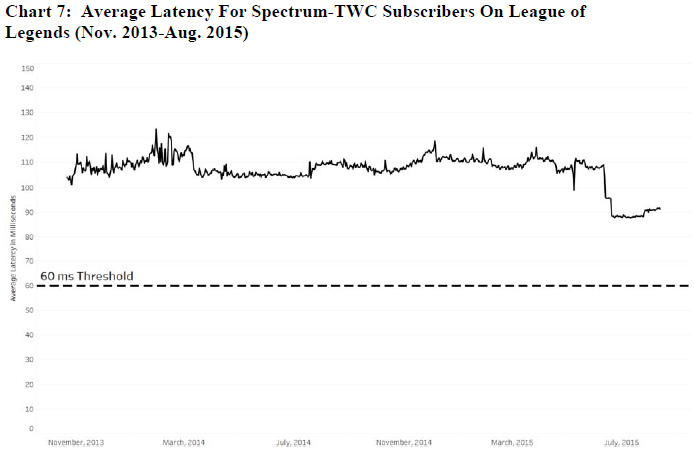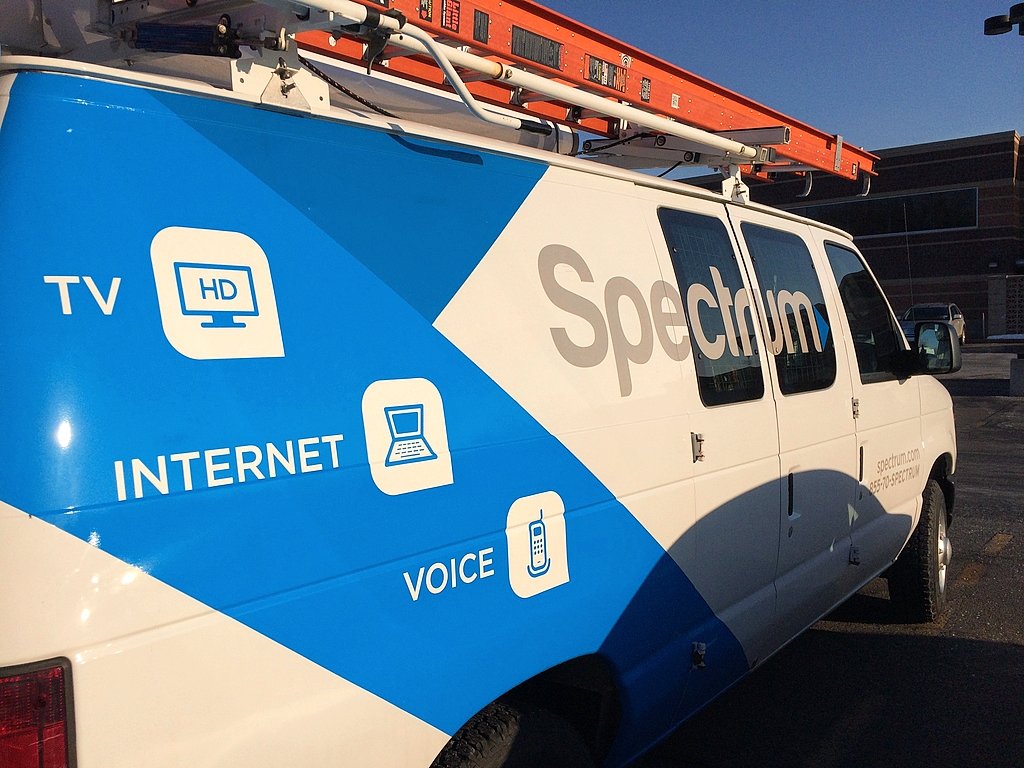A hot potato: Spectrum is alleged to have been engaged in "artificially" throttling the broadband speeds for backbone and content providers including streaming services like Netflix and online gaming companies like Riot Games, which made and hosts League of Legends. The cable selectively limited port connections to companies unless they agreed to payment.
A couple of days ago we reported on how the New York State Public Service Commission kicked Charter owned cable provider Spectrum out of the state. The company allegedly failed to deliver on several promises related to its merger with Time-Warner Cable (TWC). In a bizarre twist to the story, it seems it was more than unfulfilled commitments that got Spectrum in trouble.
In its "official act," the commission stated one of the reasons for its revocation of the merger was "the company's purposeful obfuscation of its performance and compliance obligations to the Commission and its customers."
According to GamesIndustry.biz, this accusation refers to a 2017 lawsuit filed against Spectrum by New York Attorney General Eric Schneiderman. The complaint is a laundry list of allegations ranging from leasing customers "deficient equipment" to misleading subscribers regarding internet speeds.
"Revisiting earlier arrangements, in which Spectrum-TWC often exchanged data with backbone and content providers for free, Spectrum-TWC now sought to make those providers pay Spectrum-TWC for access to its subscribers. A senior Spectrum-TWC executive explained in an email a short time later that, as consumer demand for content exploded, the company wanted to take the opportunity to extract additional revenues from content providers."
Spectrum did this by deliberately limiting port capacities to content providers unless they paid for the connections. In layman's terms, it was engaged in a form of extortion.
One of the companies named in the suit was Netflix, which refused to pay the fees. It even offered to freely install its own equipment on Spectrum's "last mile" to improve subscribers' content delivery. Spectrum insisted on payment instead. The squabble continued between 2012 and 2014, during which time Spectrum never informed customers why their access to Netflix was subpar.
Riot Games, makers of League of Legends was also listed as a victim to the throttling. In this instance, the company agreed to the payment demands but still did not receive adequate service.
Specifications for the game require a stable latency of less than 60ms with less than two percent packet loss.
"Latency above 100 milliseconds affected performance in key parts of the game, creating lag time that put Spectrum-TWC subscribers at a disadvantage to their gaming competitors on other ISP networks," states the lawsuit. "Similarly, packet loss of more than two percent resulted in interruptions, buffering, and other performance issues."

Riot agreed to pay Spectrum in August 2015 in hopes of lowering latency. The company, which started tracking its data in 2013, provided proof that Spectrum's latency was well above 100ms (graph above). Furthermore, even after paying the cable provider to connect ports, latency only lowered to about 90ms --- nowhere close to the 60ms threshold. Packet loss also remained well above two percent during the same period.
This lawsuit has not been decided yet, but it does not change the commission's decision to boot Spectrum out of New York. The company has 60 days to pack its bags, which includes coming up with a plan "to ensure an orderly transition to a successor provider(s)." If the switch does not go smoothly, the commission will consider taking other actions including bringing the matter in front of the supreme court.
